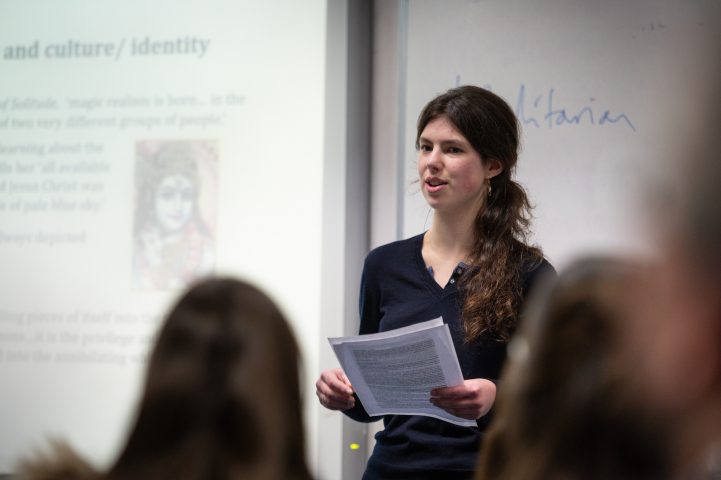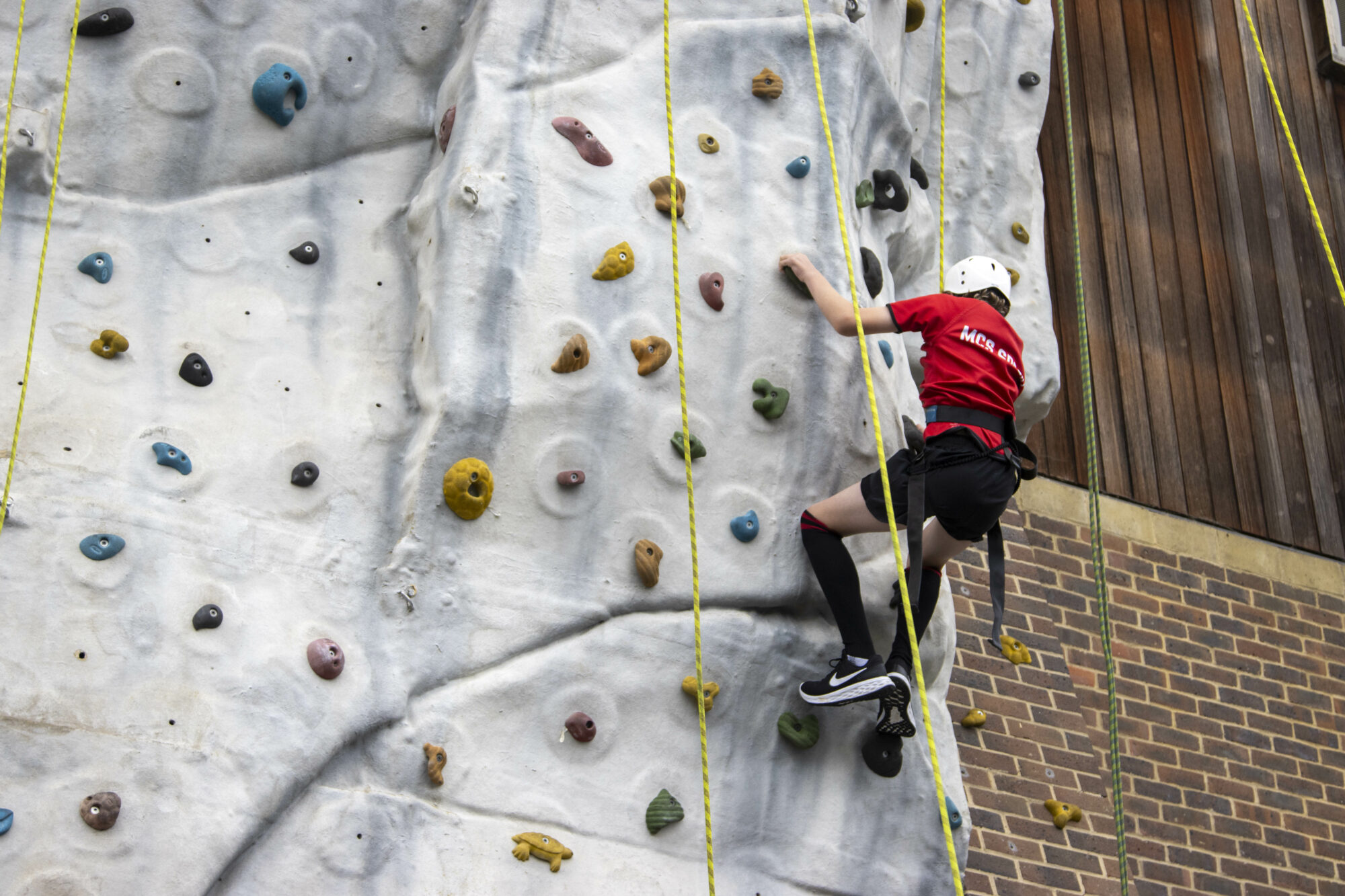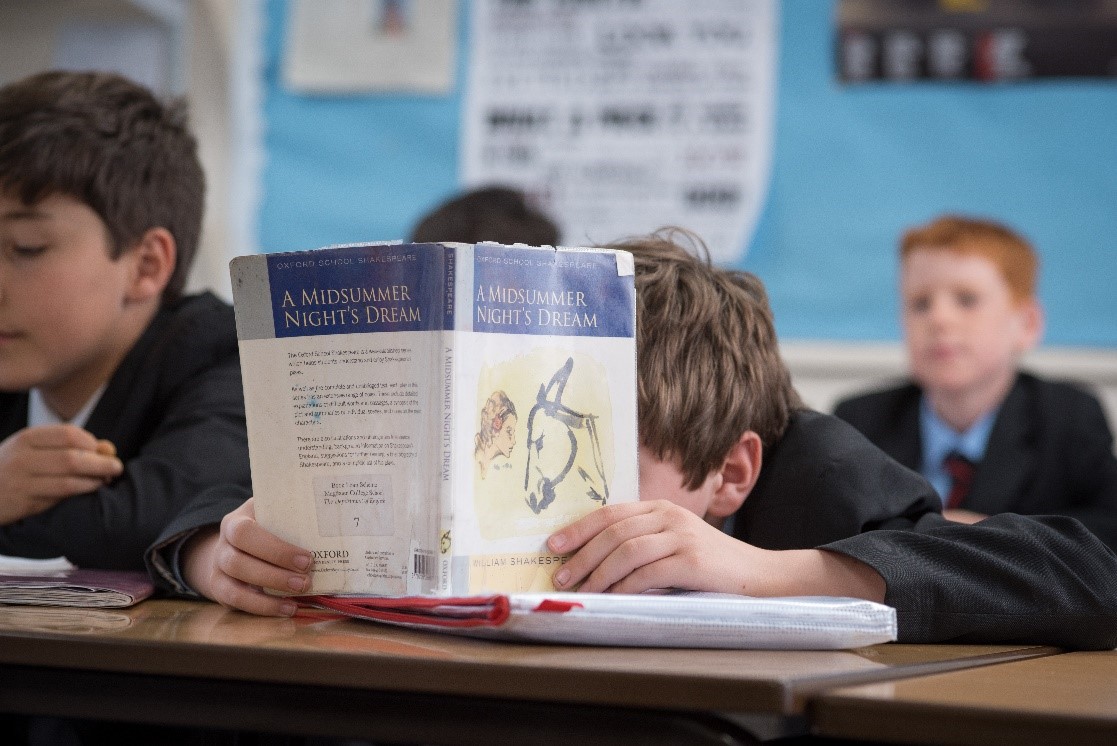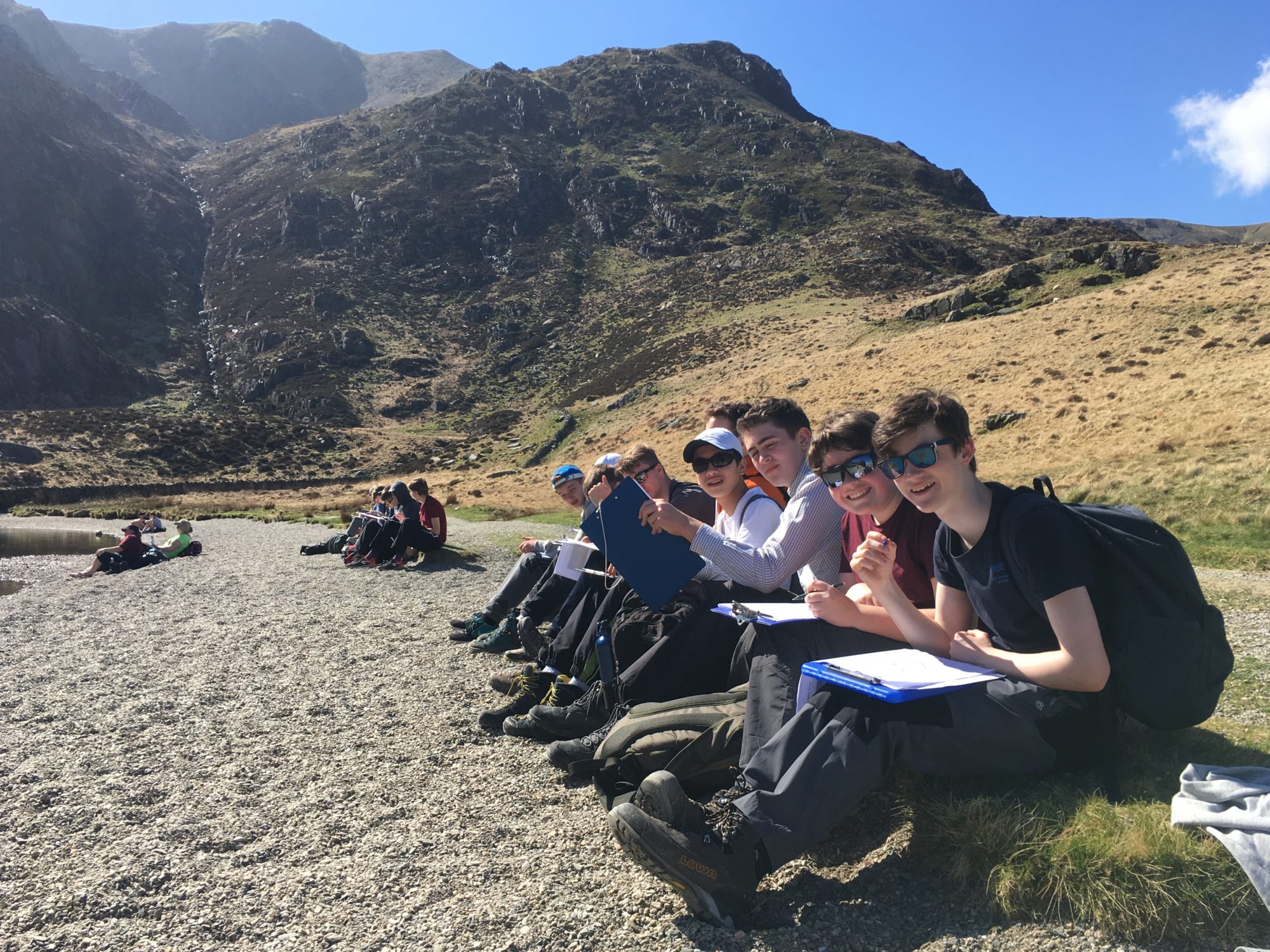Theology
There has never been a more important or exciting time to study Theology. It provides students with the unique opportunity to wrestle with timeless questions of meaning and value: questions that they will increasingly be forced to confront as their generation grapples with the moral, political and existential consequences of issues such as climate change and technological revolution in today’s rapidly changing world.
“The mystery of human existence lies not in just staying alive, but in finding something to live for”
Fyodor Dostoyevsky
It is therefore no surprise that Theology is an increasingly popular university choice for MCS leavers. Its academic rigour and unique breadth provides our pupils with excellent intellectual training, but it also forces them to interrogate their deepest help convictions and to think about those around them. In a world increasingly beset by the competing claims of religious conservatism and secular humanism, of internationalism and isolationism, Theology stands apart as the up-to-the-minute subject.
MCS theologians are therefore encouraged to develop an informed spiritual and ethical position through critical analysis and discussion. Rather than focusing on a narrow specialism, we cover a variety of world religions and theological, philosophical and ethical themes which will help our pupils to build up their lives on leaving school. Our approach is unashamedly intellectual, but lessons are happy and relaxed, and characterised as much by challenging questioning as a lot of laughter.
All pupils from the Second Form to Lower Fourth (Years 7-9) study Theology for two lessons per week. The subject is then available as an option at IGCSE and A-Level.
Lower School
The Lower School curriculum reflects both the diversity of contemporary society and the school’s Christian foundation, providing the boys with a strong critical grounding in the subject. In the Second Form, we look at Judaism and the impact of the Hebrew Scriptures on modern culture. In the Third Form, we look at the life and teaching of Jesus, followed by an in-depth study of Islam.
Middle School
Pupils in the Lower 4th complete modules on Hinduism, an introduction to ethical theory and applied ethics, and a detailed look at key issues concerning the role of religion in 21st-century politics and society, including Israel and Palestine, religion and terror, and the rise of secularism in the west.
Theology is an extremely popular GCSE option, and those boys who continue with the subject in the Upper 4th and 5th forms the Edexcel IGCSE in Religious Studies. This course covers a varied syllabus, including issues ranging from medical and environmental ethics to the problem of evil, and includes a detailed study of Buddhism. We emphasise critical thinking skills in debate and academic writing, which provides good preparation for any essay-based A-level subjects.
Sixth Form
Sixth Form Theologians benefit from small class sizes, a wealth of enrichment opportunities (see below under ‘Extra-curricular’) and lessons that stretch far beyond the A-level syllabus in exposing pupils to a range of themes in academic theology. This provides an excellent grounding not only for the study of Theology at university, but also the liberal arts more broadly and any subjects with strong ethical components. Theology is a popular A-level option, and our Sixth-Formers are just as likely be studying the subject alongside three other essay subjects as they are alongside Maths and the Sciences (it is especially favoured by aspiring medics, for example).
Pupils follow the OCR A-level in Religious Studies, covering a range of topics in the Philosophy of Religion, Ethics and contextual theologies. The opportunity to pursue an in-depth study of areas as contemporary and varied as feminist theology, secularism, liberation theology and religious pluralism is especially appealing. Several Lower Sixth form pupils every year choose to do a personal project on a theological topic as part of the Waynflete Studies programme, the MCS version of the extended project. We also run popular weekly extension classes and reading groups throughout the year.
For those wishing to study Theology at A-level, it is not necessary to have studied the subject at GCSE. We assume no prior knowledge: all that is required is an interest in theological and philosophical issues, enthusiasm for discussion and debate and, of course, a willingness to read around the subject!
Refer to the Sixth Form Curriculum guide for a more detailed breakdown of the A-Level Theology programme.
Further Inspiration
If you are thinking about studying Theology in the Sixth Form at MCS, you might want to start reading around the subject before you join. Our Study Preparation guides are a useful tool, detailing further reading around key topics.
“Few things are more natural for humans than religion. To be sure, religion has brought much suffering. So has love and the pursuit of knowledge. Like them, religion is part of being human”
John Gray (British political philosopher)
Extra-curricular
The department organises a diverse programme of co-curricular activities, which range from distinguished speakers to theatre and holiday trips. Every year group enjoys its own dedicated annual day trip to a place of religious interest in the Oxford area, and we have a reputation for educational, fun-packed foreign travel with recent visits to Russia, Israel, Rome and Poland. The jewel in the department’s crown is our highly successful and lively Theology Society, where visiting academics and members of the school community – both students and teachers – give talks on topics of interest.
Our pupils have an enviable track record of success in external essay competitions, and the department’s annual Book Review Competition (open to all pupils) is always fiercely contested.
Where Theology could take you
Theology is an extremely popular university option, and a number of our pupils go on to study the subject every year at Russell Group universities, both as a single honours degree or as part of a joint honours programme, such as Philosophy and Theology. A considerable number of these candidates secure places at Oxford and Cambridge.
Old Waynfletes with Theology degrees have gone on to careers in everything from law and finance, to the civil service, management consultancy, journalism, broadcasting and teaching.
 MCS ranks among the top independent secondary schools, and in 2024 was awarded Independent School of the Year for our contribution to social mobility.
MCS ranks among the top independent secondary schools, and in 2024 was awarded Independent School of the Year for our contribution to social mobility.

 28 of our pupils achieved 10 or more 8 or 9 grades in 2024.
28 of our pupils achieved 10 or more 8 or 9 grades in 2024.
 In 2023-24, MCS received over £448,000 in donated funds.
In 2023-24, MCS received over £448,000 in donated funds.








